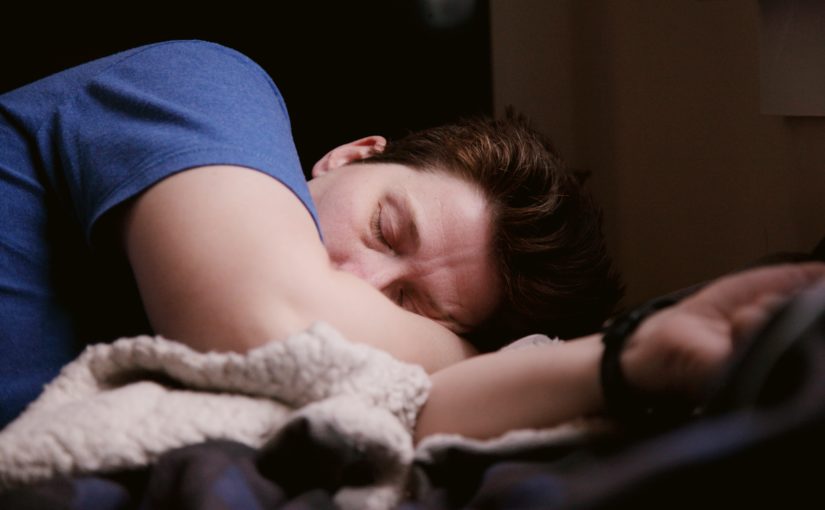Sleep apnea and snoring are serious medical issues often left undiagnosed and untreated. If you feel like you are suffering from sleep apnea, an easy way to get a diagnosis is to make an appointment with your dentist. 90% of people are unaware that they have sleep apnea, but dentists can identify early signs of sleep disorders in patients and help treat the problem.
What is Sleep Apnea?
There are two categories of sleep apnea: Obstructive sleep apnea (OSA) and Central sleep apnea (CSA).
Obstructive sleep apnea is characterized by the narrowing or closing of the airway. Johns Hopkins Medicine explains that OSA occurs when your breathing is restricted for more than 10 seconds at least five times an hour. The lack of oxygen sends a signal to the brain, and jolts you awake, often with a snort or choke.
Not everyone with OSA snores, however, so it is good to stay alert for any other common symptoms, which, according to the National Sleep Foundation, are:
- Waking up with a dry mouth
- Night sweats
- An inability to focus
- Daytime sleepiness
- Irritability
- Headaches
- The need to urinate frequently
- Sexual dysfunction
Your breathing is also affected when suffering from CSA. In this form of the condition, your brain stops sending signals to breathe, so your breathing stops for short bursts. This means sufferers may struggle to fall and stay asleep. A common symptom of CSA is waking up short of breath.
Health Complications Caused by Sleep Apnea
Sleep disorders such as sleep apnea can cause serious health issues, as sufferers often cannot achieve the REM cycles needed for muscle repair and memory health. Leaving sleep apnea untreated can lead to health problems such as:
- Hypertension
- Cardiovascular conditions
- Mood-related issues, such as depression
- Unstable blood oxygen levels
Who is at Risk of Sleep Apnea?
Several factors affect your risk of acquiring sleep apnea, but a stand-out statistic is that men are two to three times more likely to develop the condition than women. Other factors that can increase the risk of sleep apnea are:
- Obesity
- A large neck circumference
- Mandibular Retrognathia or Micrognathia (conditions contributing to a receded lower jaw and undersized jaw, respectively)
- Age (sleep apnea is more common in older patients)
- Nasal congestion
- Lifestyle habits such as smoking and drinking alcohol
- A family history of the condition
How Can a Dentist Help My Sleep Apnea?
Your dentist can work alongside your doctor or sleep specialist to develop a treatment plan that will help alleviate your OSA or CSA symptoms in the long term. A dentist can diagnose initial sleep apnea through dental and physiological examinations. If your physician determines that the course of treatment includes an oral appliance, then your dentist will collaborate to ensure a thorough oral examination in preparation for your fitting.
Oral appliances are the standard treatment for OSA patients. Many oral appliances on the market, ranging from mouth guards to tongue-retaining devices, usually move the tongue, jaw, and soft palette out of the way to encourage an open airway. Your dentist can custom-fit the chosen device for you and will work with your doctor to find a comfortable solution that best suits your needs.
We’re Here to Help
If you’re worried that you might have sleep apnea, or are unsure and want to be sure, then make an appointment with us at Cakmes Dental Studio in Knoxville, TN. Your oral health is our priority.

